Key Takeaways:
- Not all items belong in storage: Some things just don’t survive long-term storage.
- Hazardous items = big risks:Chemicals, paints, and flammable substances should not be stored—they are fire hazards.
- Food and electronics don’t last: Perishable food spoils and electronics can get damaged by heat and moisture.
- Sentimental items need care:Family heirlooms and photos should be kept in a safe, controlled environment.
- Protect important documents:Documents can warp or fade with humidity and temperature changes.
You know that saying, “Out of sight, out of mind”?
Well, when it comes to storing your stuff long-term, that’s a dangerous mindset to have.
Think about it; storage units are like that giant closet you shove everything into when you're too lazy to organize.
You might think, “It’s just a storage unit. What’s the worst that could happen?”
But trust us, some of the stuff people store away can cause huge problems down the road.
Did you know that over 10% of Americans rent a storage unit? That’s more than 60 million people in the U.S. alone!
Yet many don't realize that items you should never put in long-term storage can actually get ruined or cause serious risks to other belongings.
For example, you wouldn’t put your vintage jewelry in a damp, dark box and just forget about it, and you shouldn't do that with anything else, either!
So, let’s discuss the things you absolutely should not store in long-term storage and why you should think twice before storing them.
Hazardous Materials
Let's start with something serious—hazardous materials.
You’ve probably got some paint, cleaning supplies, or garden chemicals lying around.
But putting these in a storage unit could lead to dangerous consequences.
Fire Hazard: Gasoline, paint, and even cleaning solvents are extremely flammable. According to the U.S. Fire Administration, flammable liquids should never be stored in regular storage units. When exposed to high heat or a spark, they can catch fire.
Corrosion and Leaks: Over time, containers holding chemicals can break down or leak. This could damage your other belongings or even the storage facility’s infrastructure.
Air Contamination: The fumes from chemicals like ammonia or solvents can also seep out and contaminate the air. If stored improperly, these gases could become harmful, especially in a non-ventilated area.

Alternatives: Safely dispose of hazardous materials at a local hazardous waste disposal center. If you must store chemicals, find a specialized storage facility designed for such items, as they are equipped to handle hazardous substances properly.
Storing Perishable Food Items
We all have that extra stash of canned goods, pasta, or rice sitting in the pantry, and it might be tempting to store them in a storage unit.
But storing perishable food items for long periods is not so great.
Here’s why:
Why You Can Trust My Good Movers
550+
moving companies
listed
16,000+
customer reviews to help you decide
50+
states covered for moving services
100%
free quotes provided instantly
Temperature Changes: Storage units, especially non-climate-controlled ones, experience extreme temperature fluctuations. These can cause the seals on cans to break and allow mold or bacteria to grow inside.
Pests: Canned goods or dried food are attractive to pests like rats, mice, and insects. They can get into your food, tearing open packages and spreading bacteria.
Expiration Risk: If food is stored improperly, you might forget about it, and before you know it, your pantry’s expiration dates are years past due. This increases the risk of food spoilage and health hazards.

Alternatives: For long-term food storage, keep it in your home in airtight containers in cool, dry areas. If you absolutely must store food, use vacuum-sealed bags and a climate-controlled storage unit to keep the temperature stable.
Storing Electronics
Old laptops, gaming consoles, or even televisions might seem like they could be stored in a storage unit for the time being.
However, storing electronics in the wrong conditions can cause serious damage.
Humidity: Moisture is the enemy of electronics. Humid environments can cause corrosion on wiring and circuit boards, which could render your gadgets unusable.
Heat: Extreme temperatures can also negatively affect electronic devices. In a hot storage unit, the battery in your laptop might expand, leak, or lose its ability to charge.
Dust: Over time, dust builds up inside the unit and on your devices, clogging air vents and damaging internal components. It could also make your electronics run hot and break down faster.

Alternatives: If you must store electronics, make sure they’re properly wrapped in anti-static bags and packed in moisture-resistant boxes.
Sentimental Items in Storage
Sentimental items hold a lot of value, but storing them in a storage unit without thinking could cause permanent damage.
Exposure to Light & Temperature: Old photos, letters, and textiles (like wedding dresses) can fade or deteriorate if exposed to fluctuating temperatures or direct light. Humidity can also cause them to warp or grow mold.
Mold and Mildew: If your family heirlooms are stored in an area with high humidity, mold can start to grow on them. This is particularly true for old clothing, books, and paper documents.
Pest Damage: Items like old quilts, books, and artwork are all susceptible to pests like moths, silverfish, and rats. If they get into your stored sentimental items, they’ll chew through fabrics and paper.

Alternatives: Store sentimental items at home in sealed, acid-free boxes or portfolio cases for photographs and artwork. If you need extra storage, climate-controlled storage units are essential. Be sure to keep things in breathable fabrics if you’re storing clothing.
Storing Important Documents Long-Term
Important documents like legal papers, tax returns, or insurance policies are usually stored for safekeeping, but improper storage can cause irreversible damage.
Moisture Damage: As with clothing and photographs, paper items are very susceptible to moisture. Even a small amount of humidity in a storage unit can make papers disintegrate, turn yellow, or even grow mold.
Heat Damage: If your important documents are stored in a hot environment, they can become brittle and easily torn. Additionally, ink can fade or run, making the documents unreadable.
Loss of Documents: Storing important documents in a place you don’t regularly access means you’re more likely to forget about them or lose track of where they are.

Alternatives: Invest in a fireproof and waterproof filing cabinet to store important papers at home. For long-term storage, scan important documents and keep digital copies in a secure cloud storage service.
Clothing and Linens
Storing clothing and linens in storage units can lead to some unwelcome surprises, especially with fabrics.
Moth Infestations: Wool and other natural fabrics are prime targets for moths. If your clothes aren’t properly sealed, they’ll start eating away your favorite sweaters, coats, and blankets.
Mold and Mildew: Clothes that are stored without being cleaned are vulnerable to mold growth in damp conditions. Cotton and other fabrics will soak up moisture, and before you know it, your beloved blankets will smell musty and be ruined.
Wrinkles and Deformation: Even if your clothes survive the pests and mold, they may be wrinkled or misshapen after months in storage. Shirts, dresses, and delicate fabrics could stretch out of shape, and the wrinkles may never come out.

Alternatives: Make sure clothes are cleaned and packed in airtight containers or vacuum-sealed bags. Use climate-controlled units for delicate fabrics like wool and silk to ensure they stay in pristine condition.
List of the Items That You Should Never Store in a Long-Term Storage:
Every storage facility has its own set of rules, including a list of prohibited items. However, there are certain items that most storage companies won’t allow, no matter which one you choose to rent from.
Here are some items you should never store in long-term storage:
Hazardous materials (e.g., gasoline, paint, cleaners)
Perishable food items (e.g., fresh produce, dairy, meat)
Electronics (e.g., computers, phones, televisions)
Sentimental items (e.g., family heirlooms, old photos)
Important documents (e.g., legal papers, insurance policies)
Clothing and linens (e.g., wool sweaters, quilts)
Chemicals (e.g., cleaning products, pesticides)
Musical instruments (e.g., pianos, guitars)
Artwork (e.g., paintings, sculptures)
Pharmaceuticals (e.g., expired or temperature-sensitive medicines)
Paintings and framed art
Firearms and ammunition
Fire extinguishers
Plants or live items (e.g., pets, plants)

If you’re wondering how to properly store sensitive items, learn more about how climate-controlled storage works to keep your belongings safe.
Recommended Resources












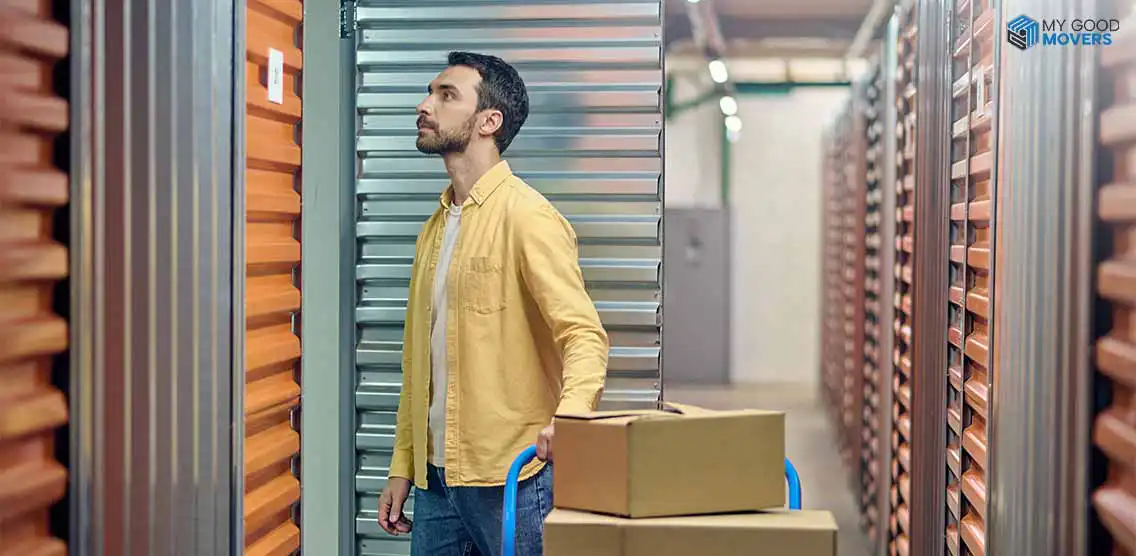
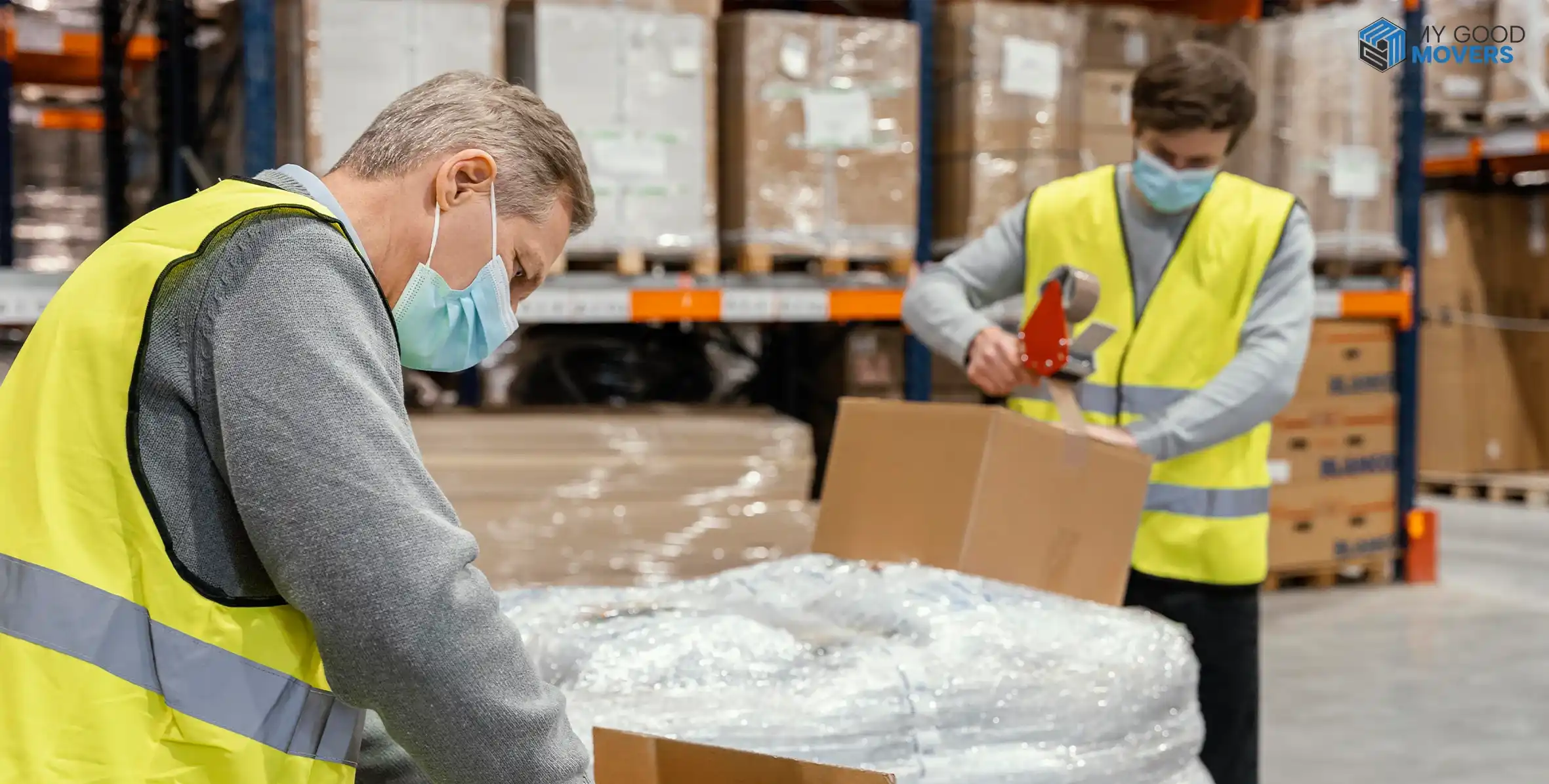
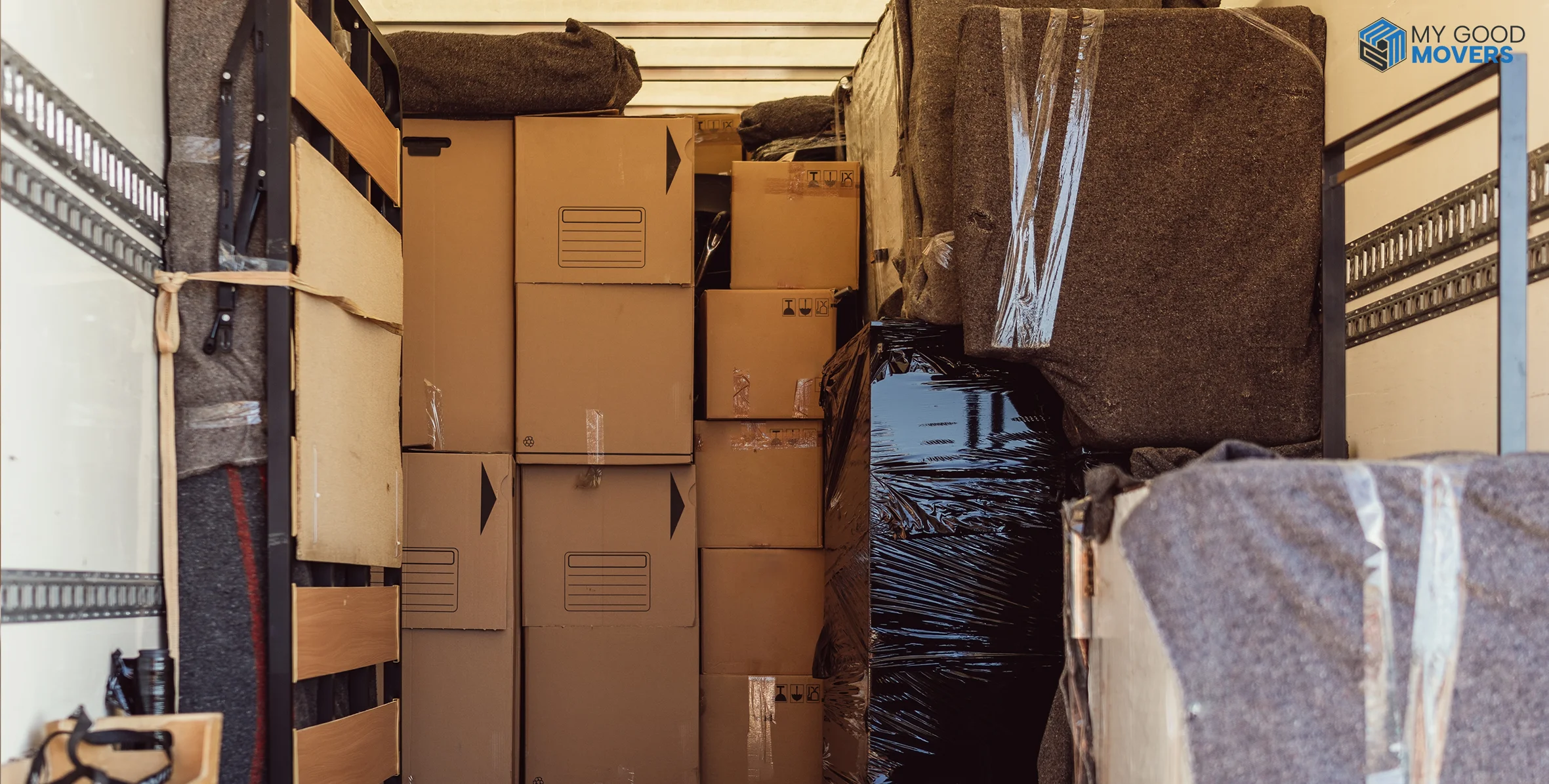
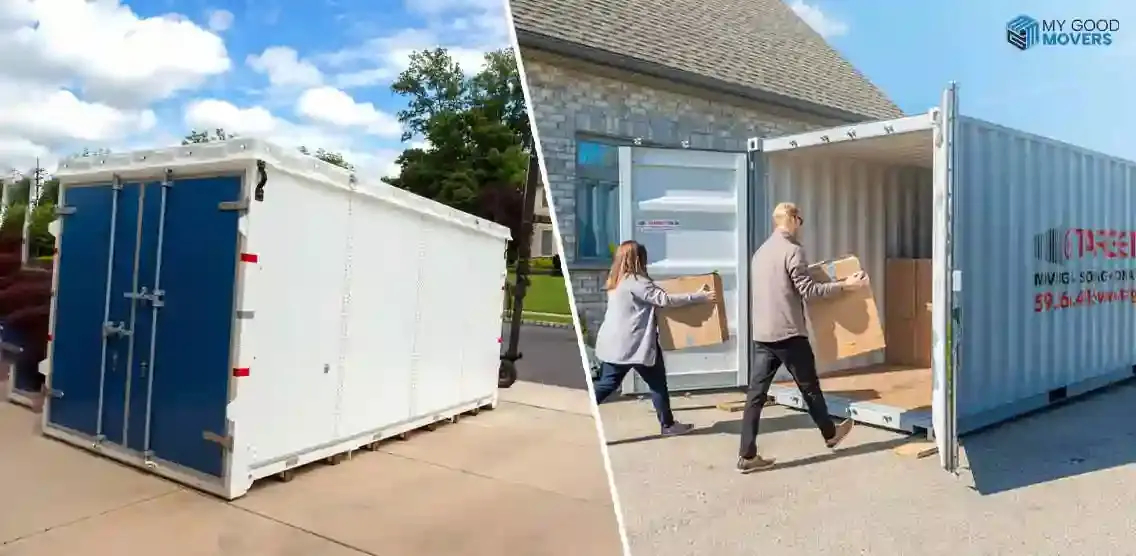



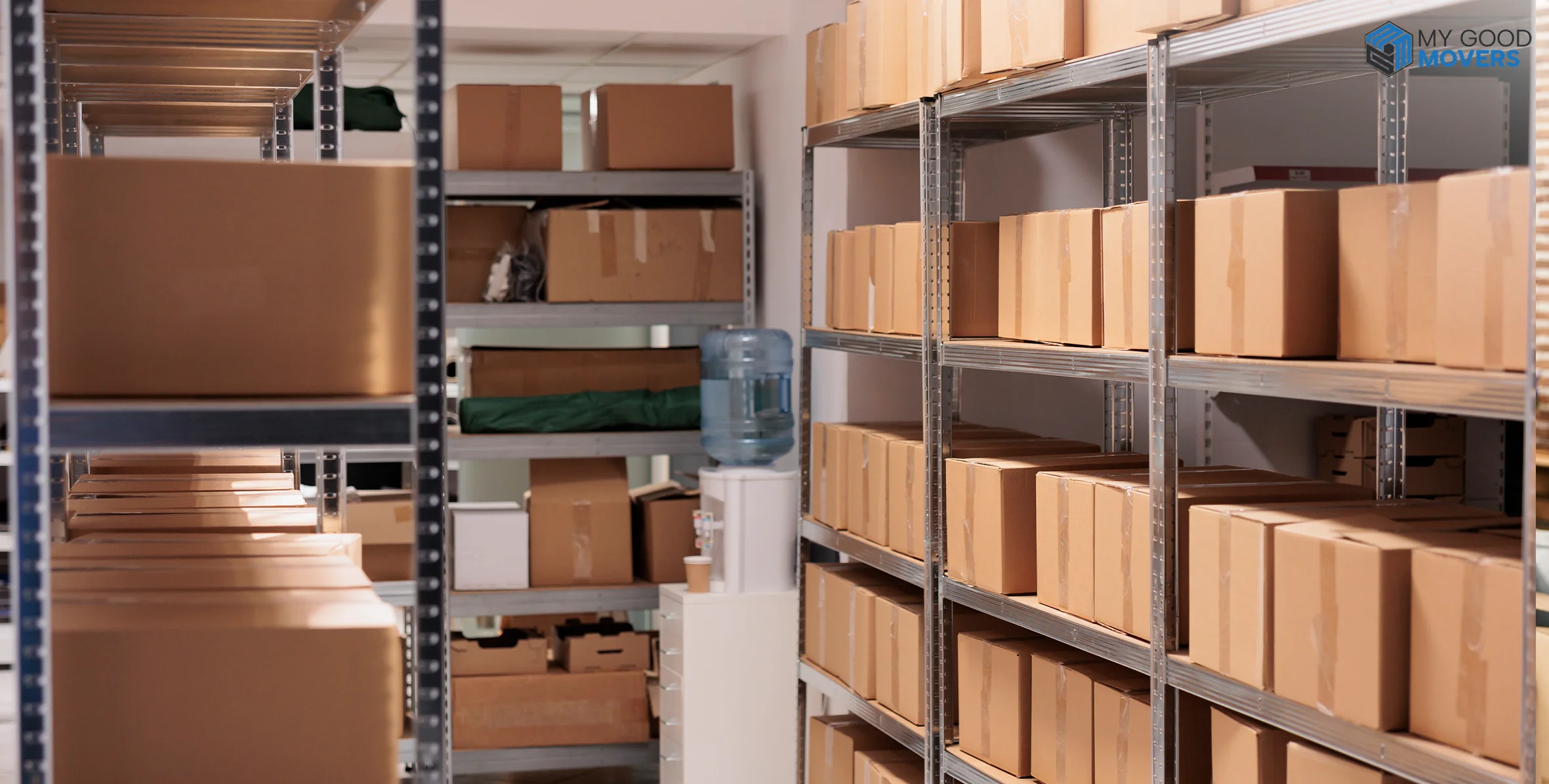





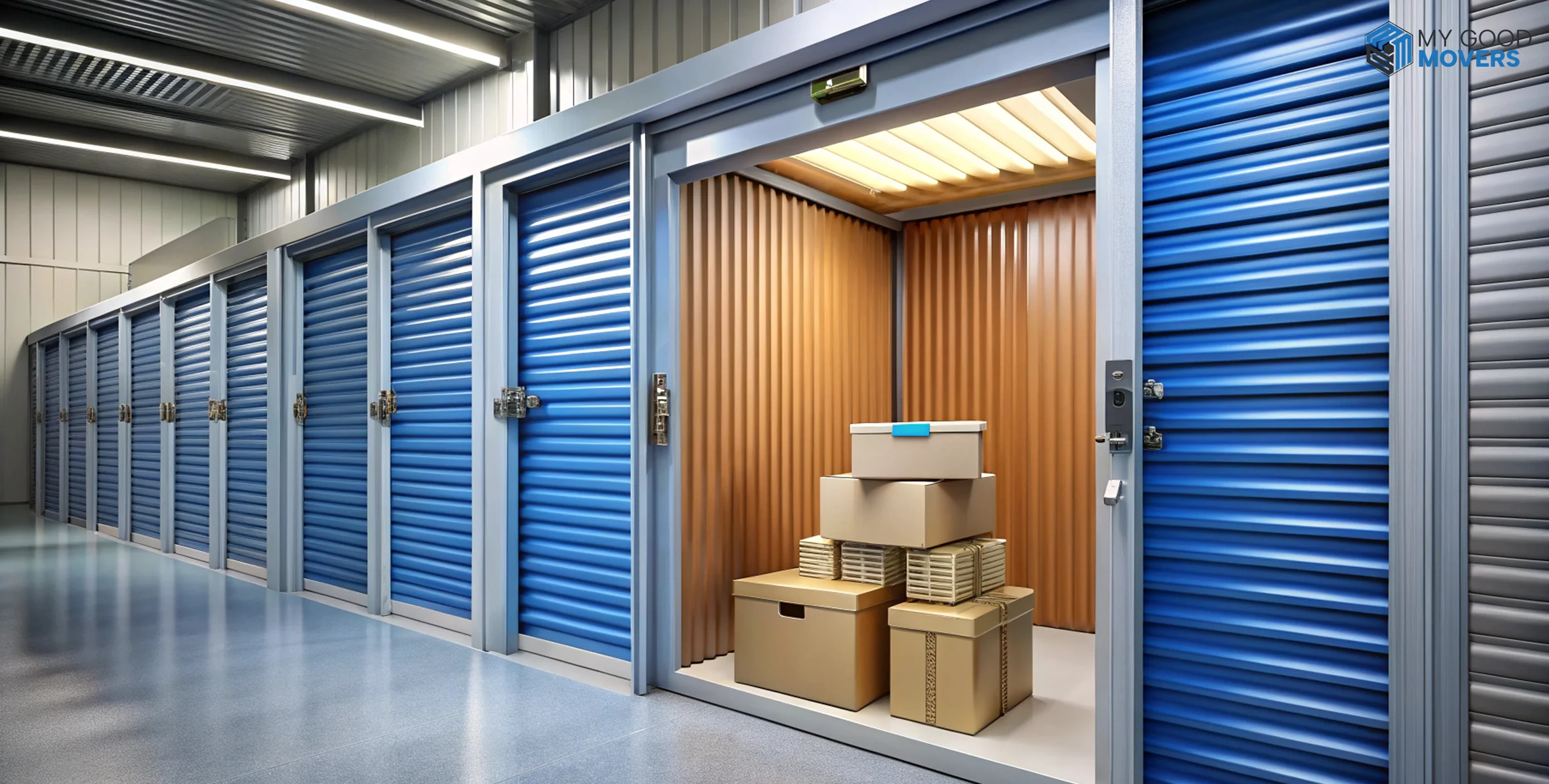
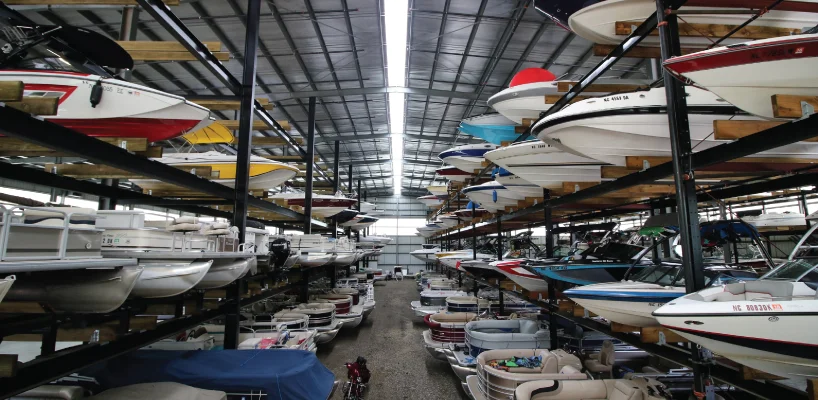

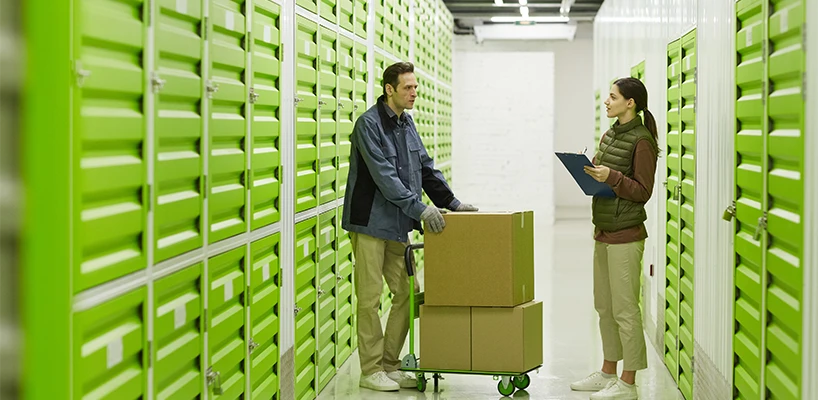
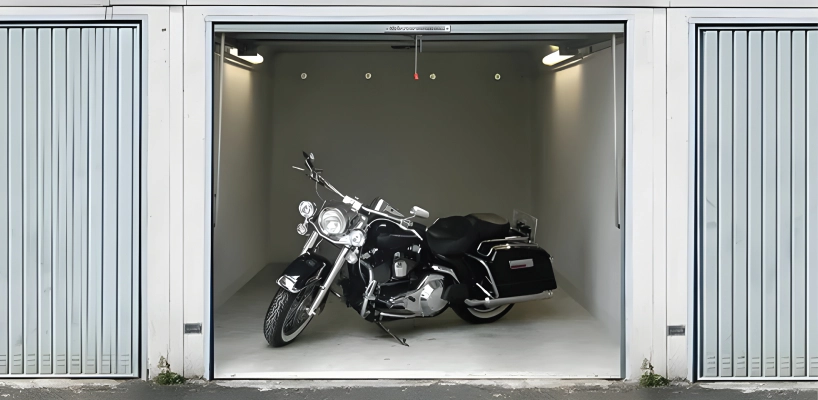

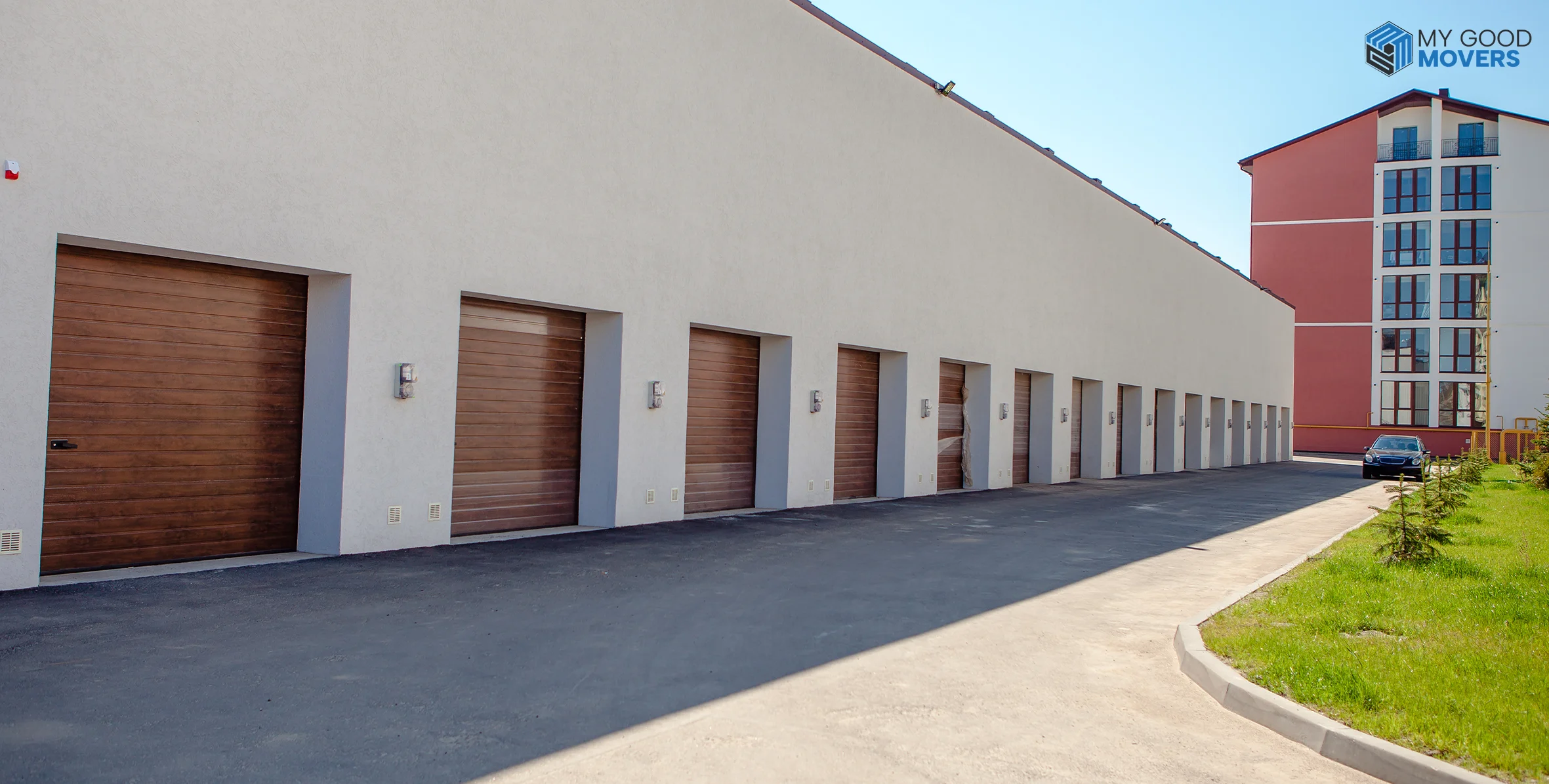
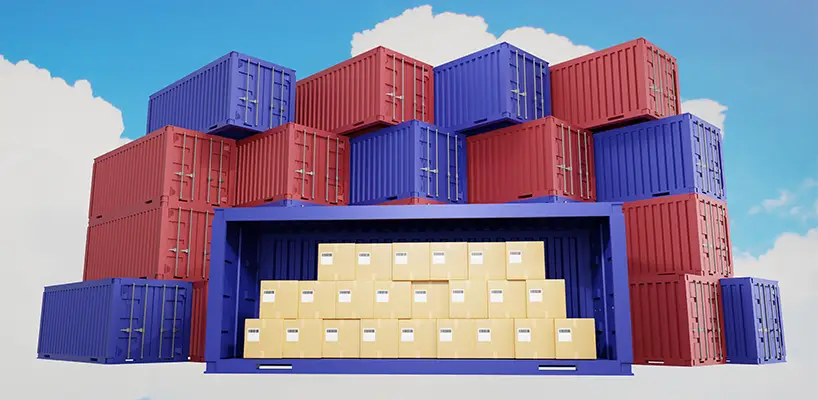


 (239) 799–6077
(239) 799–6077